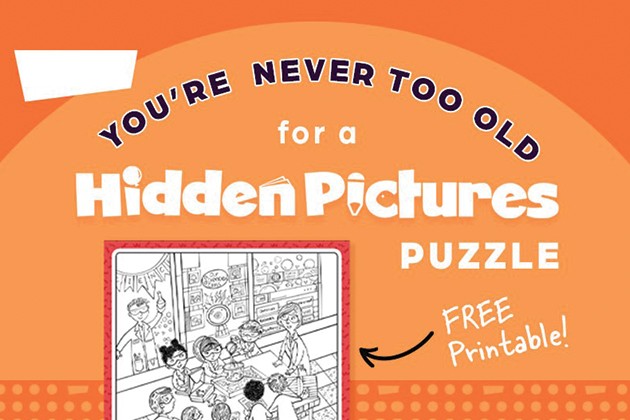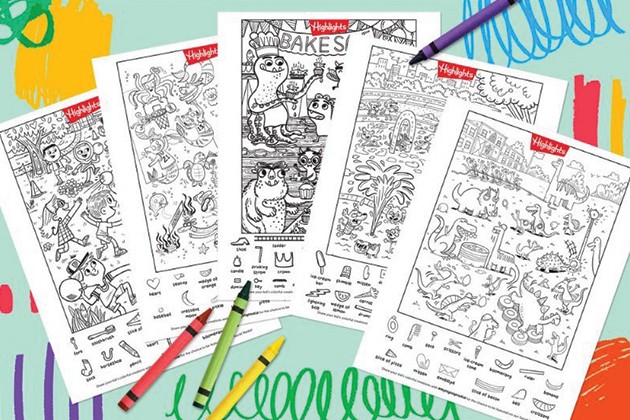Why It’s Good That Your Child Loves Puzzles

As kids grow, they acquire new skills that need to be practiced. Puzzles provide enjoyable ways for kids to build their emerging skills. With puzzles, the goal is clear and the feedback is immediate–a puzzle piece either fits or doesn't. Because puzzles are fun, kids will persist and discover that sticking to a task pays off. They feel an enormous sense of accomplishment when they've achieved their goal. Seeing the tangible results of mastering a new skill builds confidence to take on the next challenge.
Skills Kids Develop from Puzzling
Seeing Similarities
Matching activities help kids note similarities, which enable them to generalize. When kids notice which puzzle piece fits in a particular place or recognize that an “M” and an “m” are related, they are learning how things can be grouped into categories.
Seeing Differences
Making distinctions is another basic cognitive ability. When kids recognize that a puzzle piece is the wrong shape or too big, they are seeing what does and doesn't belong in a category. In a Hidden Pictures puzzle, kids are challenged to observe closely and note details as they hunt for objects positioned in different directions and embedded in a complex picture. This skill is important when kids are learning to read and need to see subtle distinctions between letter forms, such as a, d and b.
Sequencing
Sometimes, order matters. Young kids are just beginning to understand that the days of the week or the pages of a book are sequenced in a specific way. Dot-to-dot activities provide sequencing practice with a great payoff. If you connect the dots in order, a picture appears!
Remembering
Many puzzles and other activities involve memory—something kids seem to have in abundance, especially when it comes to promised ice cream! Solving puzzles encourages kids to hold visual images in their memories. Where is that blue piece that completes the birdhouse?
Seeing Patterns
Seeing a pattern helps kids predict what's next. The ability to recognize and create patterns is essential in math, reading and science. Working puzzles and playing games with repetitive rules and procedures provide a hands-on way for kids to practice recognizing and remembering patterns. As they play, kids use what they know to anticipate what follows. Game rules and puzzle-solving strategies follow repetitive patterns. That repetition builds confidence, since kids know what to expect.









